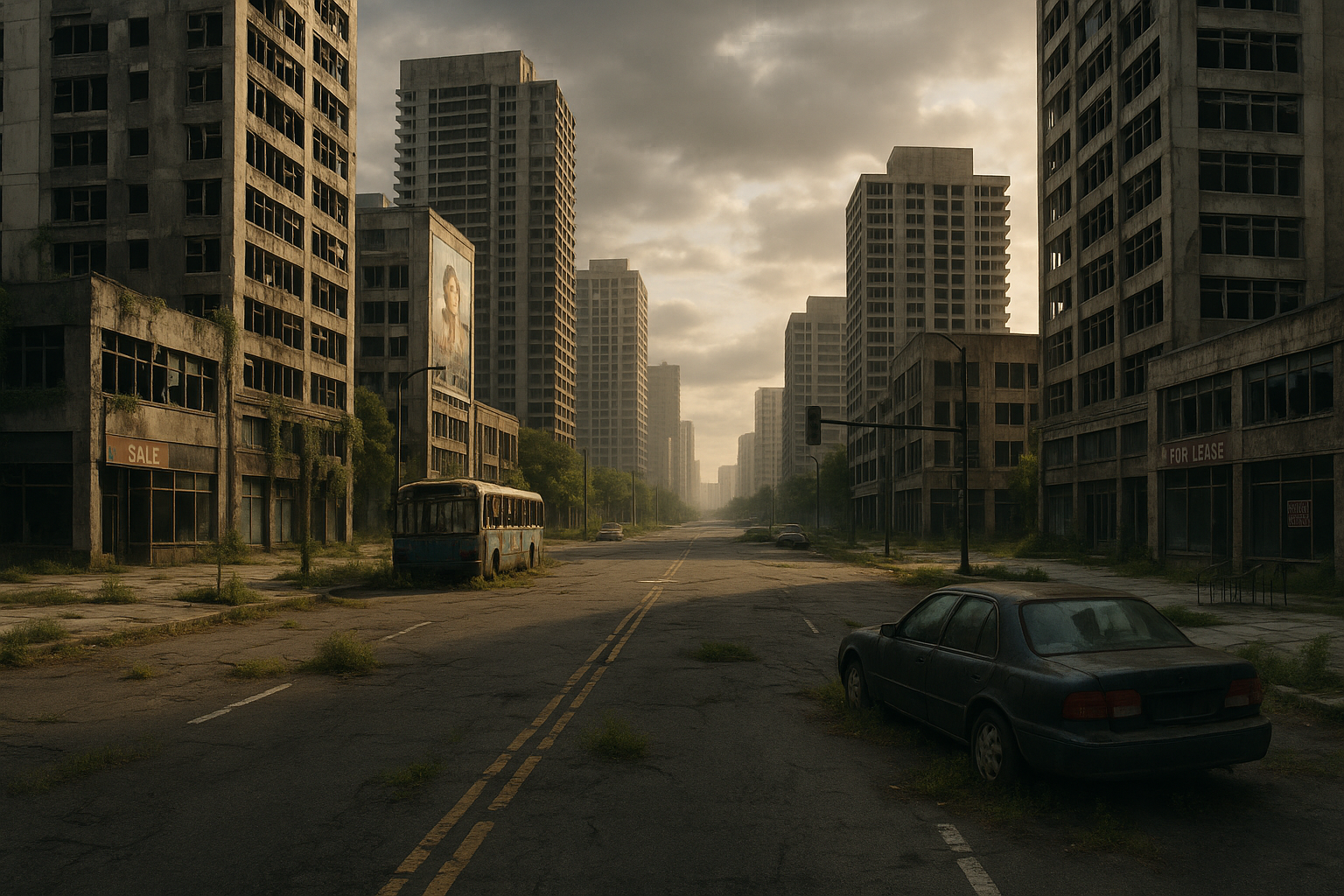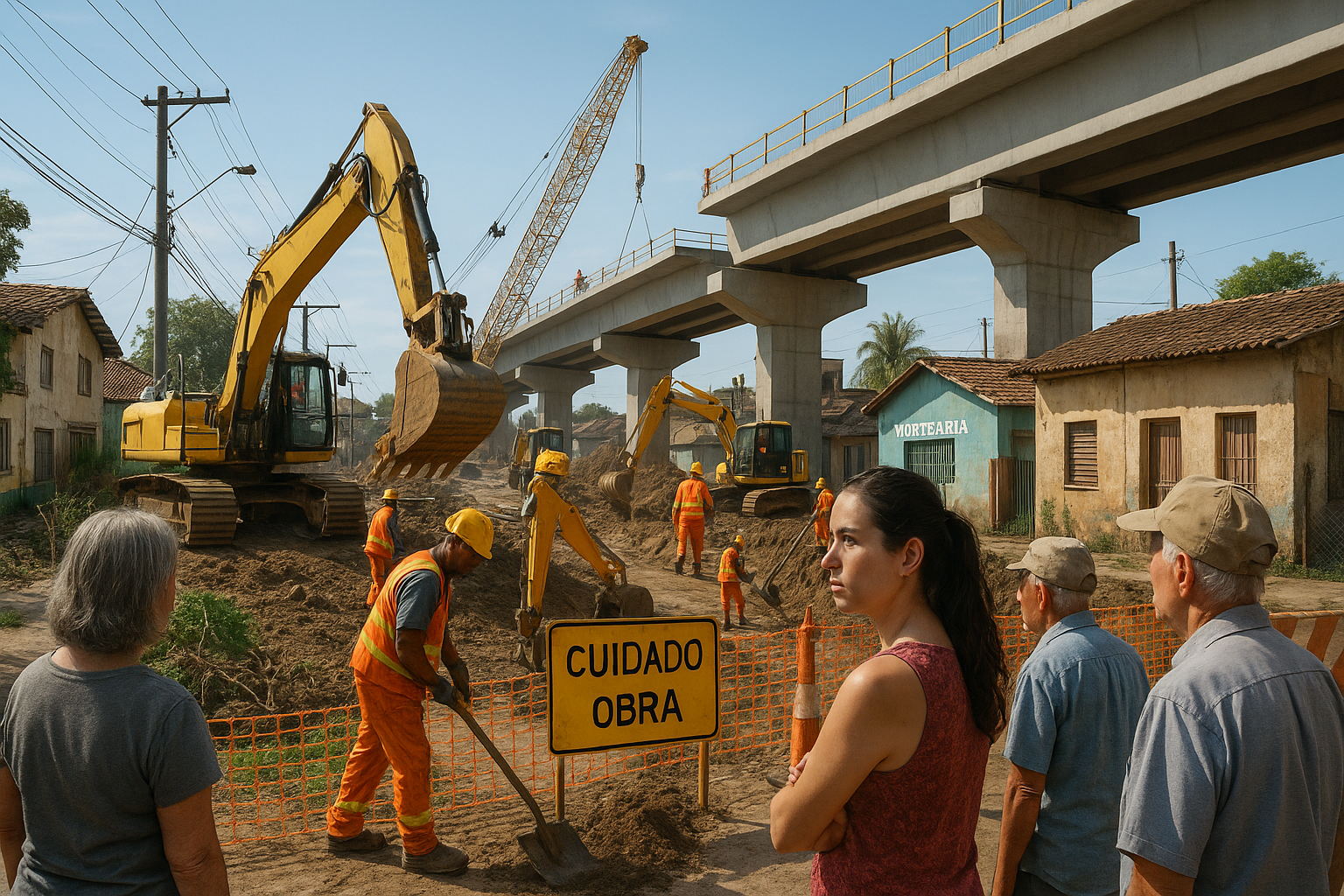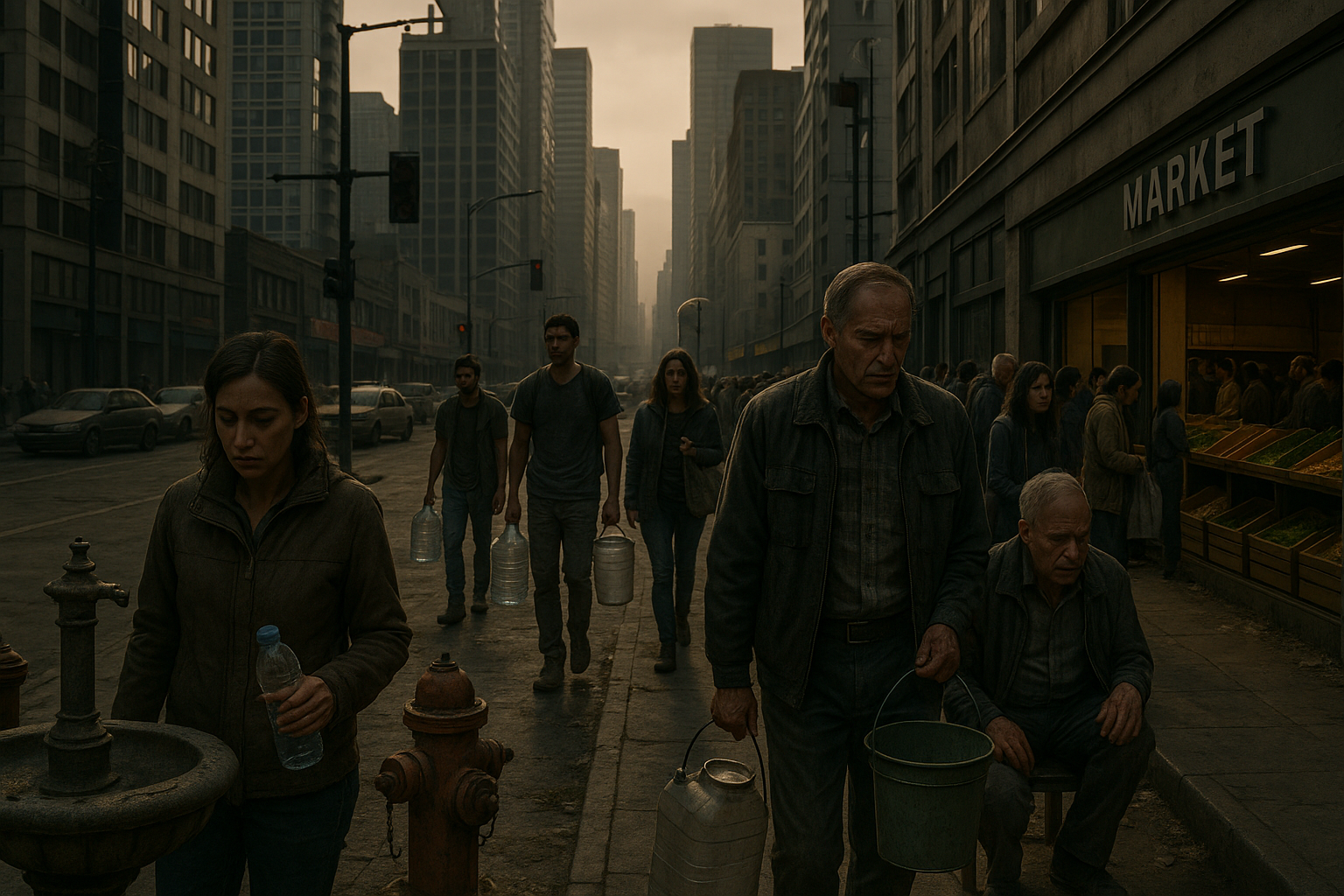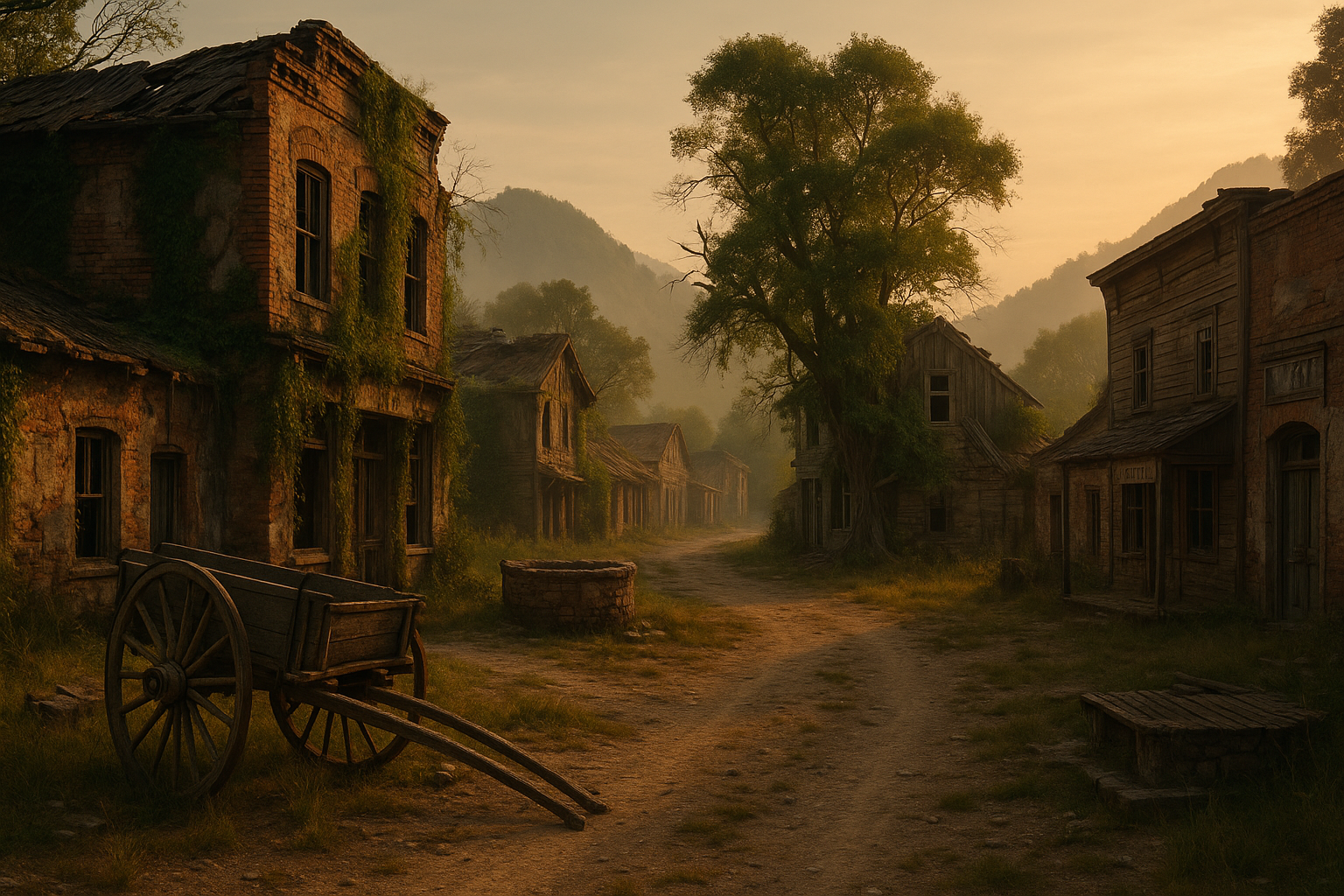Urban life has always been a magnet for dreamers, innovators, and go-getters. Cities pulse with energy, creativity, and ambition, offering a tapestry of opportunities and experiences that rural life often cannot match. Yet, as we stand on the brink of unprecedented urban expansion, the very fabric that holds these bustling metropolises together is showing signs of strain. From crumbling infrastructure to inadequate housing and gridlocked streets, the cracks in our urban landscapes are becoming impossible to ignore. 🌆
At the heart of this urban chaos lies a more insidious problem: the failure of political regimes to effectively manage and nurture urban development. Political decisions—or the lack thereof—shape the spaces we inhabit, the air we breathe, and the quality of our daily lives. When governance falters, cities suffer, and their citizens bear the brunt. In this article, we delve into the complex interplay between political regimes and urban development, exploring how leadership—or the absence of it—impacts infrastructure, housing, transportation, and sustainability.
The political landscape is a crucial determinant of how cities evolve. Policies that prioritize short-term gains over long-term planning can lead to catastrophic results. For instance, a city’s infrastructure is its backbone, yet political negligence often leaves it in a state of disrepair. Bridges, roads, and public transit systems are vital for the smooth functioning of urban life, but they require continuous investment and oversight. When political agendas sideline these necessities, the result is a chaotic, inefficient, and often dangerous urban environment.
Housing is another arena where political regimes have a profound impact. The dream of affordable, safe housing remains elusive for many urban dwellers. Political inertia and misguided policies can exacerbate housing shortages, driving prices up and forcing people into precarious living situations. The gap between the haves and have-nots widens, leading to increased social tensions and inequalities that threaten the very social fabric of our cities. 🏘️
Transportation systems are also at the mercy of political decision-making. Cities choke on their own growth when public transit is underfunded or poorly planned. Efficient transportation is the lifeblood of any metropolis, enabling mobility and access to opportunities. Yet, when political regimes fail to prioritize and invest in these systems, the result is traffic congestion, pollution, and a diminished quality of life for millions of commuters.
As we explore these issues, it becomes clear that the sustainability of our urban environments is at stake. Environmental concerns should be at the forefront of urban planning, yet political agendas often push them to the periphery. Sustainable urban development is not just an ideal but a necessity in the face of climate change and environmental degradation. 🌍 However, political regimes that fail to recognize and act upon this imperative are dooming cities to an unsustainable future.
This article will examine real-world examples of cities grappling with these challenges. We will highlight the consequences of political neglect and explore successful strategies where effective governance has made a tangible difference. Through case studies and expert insights, we aim to unravel the complex dynamics at play and propose actionable solutions to steer our cities towards a more sustainable and equitable future.
From Rio de Janeiro’s favelas to New York’s aging subway system, urban chaos is a global phenomenon with unique manifestations in different political contexts. By understanding the root causes of these issues, we can better advocate for change and engage with policymakers to champion urban environments that are vibrant, inclusive, and resilient.
In the pages that follow, we will dissect the role of governance in urban development, scrutinize the policies that have led us astray, and celebrate the innovations that offer a glimmer of hope. Join us as we navigate the intricate web of politics, infrastructure, and human experience that defines our urban existence. Together, we can envision a future where cities are not just surviving but thriving, powered by informed decisions and visionary leadership. 🌟
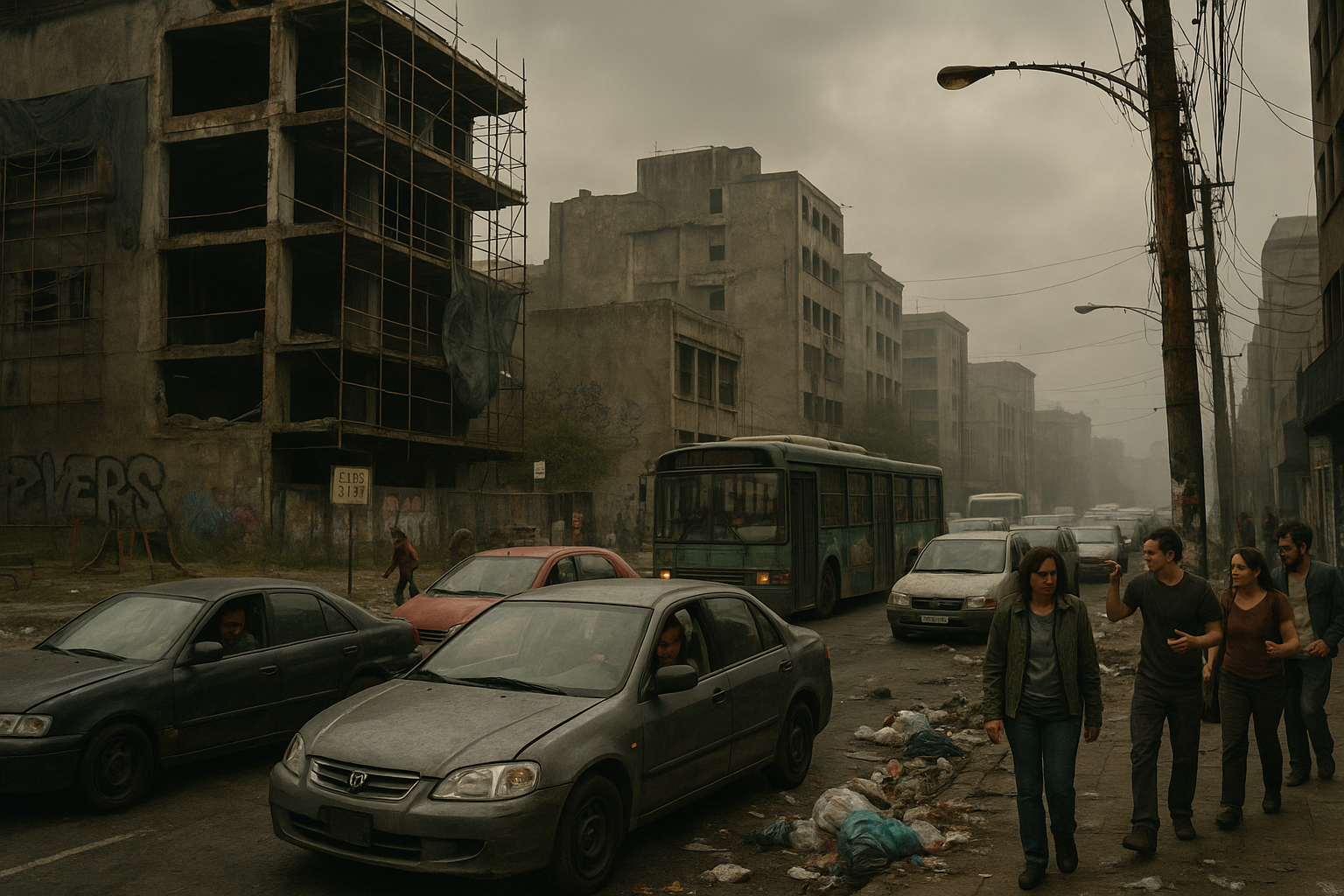
Conclusion
As we conclude our examination of urban failures shaped by political regimes, it’s clear that the rise and decline of cities often mirror the ambitions, ideologies, and missteps of those in power. Authoritarian control, corruption, and short-term governance have frequently led to misguided urban planning — where monumental projects, forced relocations, or neglect of public infrastructure left deep scars on communities and landscapes alike.
The true legacy of political influence in urban decline lies in its lessons. 🌿💡 Cities thrive when policies prioritize people over propaganda, sustainability over spectacle, and inclusion over control. History’s abandoned capitals, crumbling housing blocks, and uneven development remind us that urban success cannot be dictated — it must be nurtured through transparency, civic participation, and long-term vision. Ultimately, understanding how political regimes shape cities is more than an exploration of failure — it’s a call to build with accountability, empathy, and enduring social purpose.

